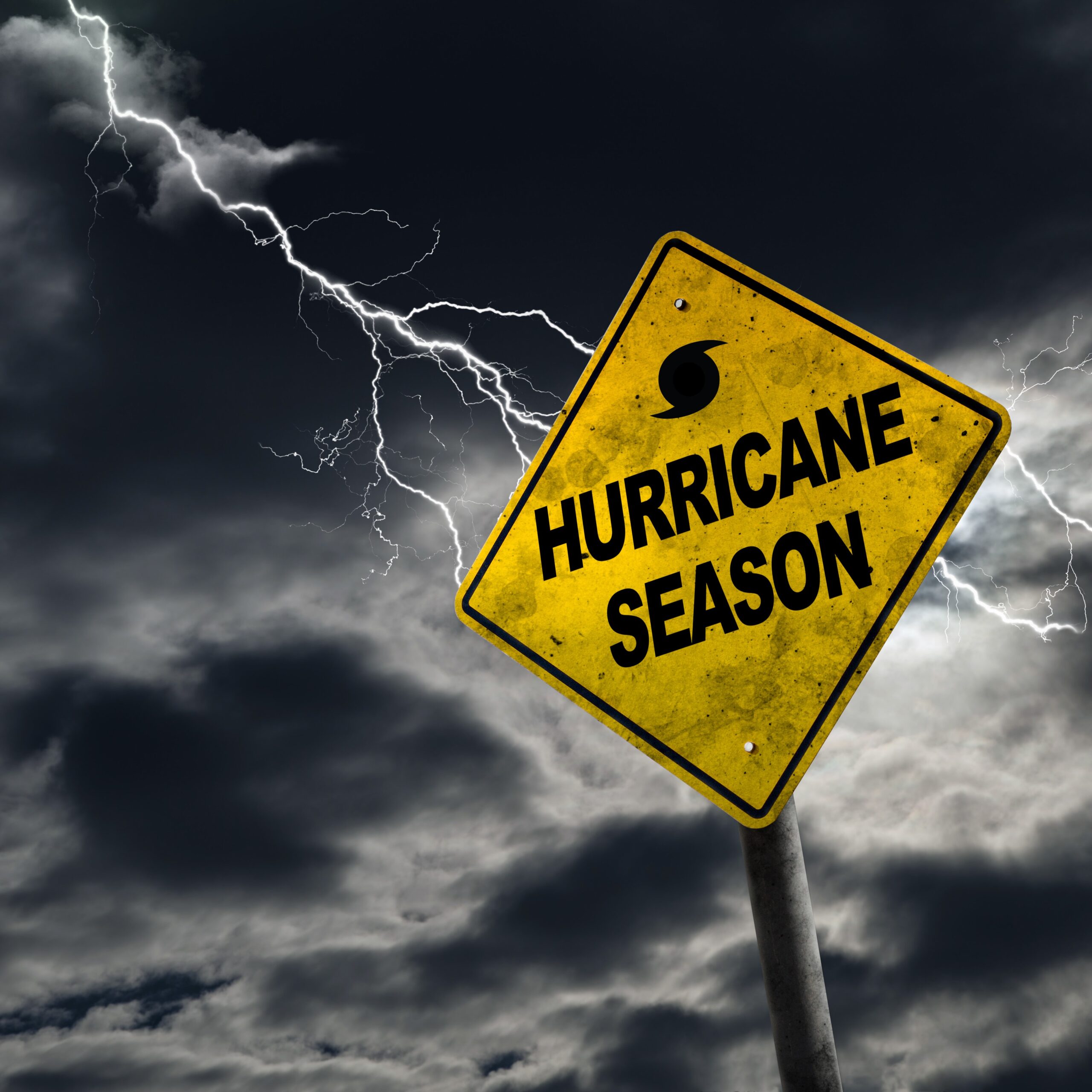With 2018 hurricane season upon us, it is important for exchangers to understand the effects of Federally declared disasters, like Hurricanes Florence and Michael, on the strict deadlines for completing a 1031exchange.
For delayed exchanges, the 1031 rules set two time periods for a total deadline of 180 calendar days to close escrow on replacement property. The first 45-days are an identification period, in which the exchanger must identify potential replacement properties. The exchanger then has 135 days after the close of the identification period in which to close escrow on at least one identified property. Reverse exchangers get 180-days to sell after the transfer of ownership to an exchange accommodator.
In the event of a federally declared disaster, an exchanger may be eligible for an extension of either deadline, or both. In general, to qualify for an extension, the deadline must fall on or after the date of the Federally declared disaster. After each specific disaster event, the IRS will publish a Disaster Relief Notice and other guidance generally available on the IRS website at https://www.irs.gov/newsroom/tax-relief-in-disaster-situations. These publications specify which counties have been affected and the type and duration of relief provided. For exchangers to obtain extensions, the notice must specifically mention IRS Rev. Proc. 2007-56, section 17 of which provides that an “affected tax-payer” may be eligible for a time extension for the later of 120 days or the date listed on the IRS Notice. In addition to being an “affected taxpayer,” the exchanger must have transferred their property to a buyer; or transferred “qualified indicia of ownership” to an Exchange Accommodation Titleholder pursuant to Rev. Proc. 2000-37 (i.e. reverse exchange) on or before the date of the Presidentially declared disaster. However, note that a taxpayer can be an “affected taxpayer” for a variety reasons, including, but not limited to: the relinquished or replacement property is located in the Presidentially declared disaster area; the principal place of business of any party to the transaction is located in the disaster area; a lender will not fund the loan due to the disaster; or a title insurance company is not able to provide the necessary insurance policy to settle or close a real estate transaction due to a federally funded disaster. Therefore, an exchanger can potentially be an affected taxpayer, even if all properties involved in the exchange are not in the disaster area.
Recently, the IRS has published Disaster Relief Notices for Hurricane Florence, and earlier in the year, for the California wildfires. Hurricane Michael was also declared a disaster by President Trump on October 11, 2018, therefore, affected counties and relief will likely be designated in upcoming IRS notices. Therefore, is important to determine if you or your client is an affected taxpayer, even if located far from the disaster area. If so, you should promptly contact your 1031 qualified intermediary.
James T. Walther, Esq., LL.M, is exchange director at Legal 1031 Exchange Services, Inc., Philadelphia. PA
If you are interested in learning more information or you would like to start an exchange, please contact us by phone at (877) 701-1031 x 508 or by email at .
Source: https://legal1031.com/news/irc-1031-exchanges-and-disaster-relief/

